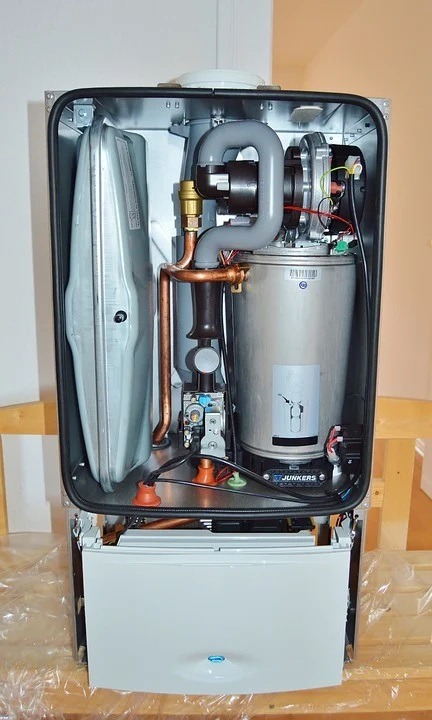A hot water system is an indispensable part of everyday life. It helps avoid cold showers in the morning or night and doesn’t let your hands freeze when doing the dishes. To have that steady stream of hot water, you need a well-maintained hot water system that provides it reliably whenever required.
Despite good maintenance, eventually, the system will need to be replaced. Or it could even happen out of the blue. In such cases, the same day hot water system will be the best option to fix the issue. Visit the website of such providers to get an idea of what can be done.
When to Tighten the Drip
A whole host of factors could cause your hot water system to fail. Find the reliable same-day hot water system service providers to ascertain the problem’s true nature and the appropriate solution. Knowing some common causes behind those failures can help to get ahead of them.
When Leaks Spring
The most obvious reason to replace a heating system is when it starts to let go of the water it is supposed to hold inside. This applies to all types of heating technologies. Water heater leaking is particularly dangerous in electric heaters as the leaking water might make contact with the electrical section. This may cause a short circuit, leading to electricity-related hazards.
Not just the heaters themselves, but leaking pipes too add to the hazard. The leak might corrode exposed parts of a metallic water heater, causing a problem or exacerbating one already present. They also add to the water loss, which will add to the water bill.
Toxic Effluence
This applies to gas heaters in particular. Repeated usage over time can cause a buildup of harmful residue in the exhaust system of the heater. They might clog and further restrict the free flow of exhaust gases. These gases might then exit out through any other routes and fill the bathroom. They are harmful in moderate doses too, so it’s best to get rid of the heater itself if it’s not worth the repair and maintenance.
Change of Rules and Standards
Laws regarding efficiency and fuel type of heaters are frequently changing, especially in emissions reduction targets. Gone are the days of wood and coal-fired boilers. Some regulators are looking to avoid burning all types of fossil fuels, including gas.
Emission standards for gas heaters and efficiency standards for electric ones can also be updated as required. It is thus necessary to change your heating system accordingly. You can visit the website here to know more.
Age-Related Wear and Tear
Everything expands and contracts according to rises and falls in temperature. A heater has water cyclically heating and cooling inside it, causing variations in its body dimensions all the time. Outside temperature variations also contribute to this size and shapeshifting.
This, in the long term, causes microfractures to develop and expand. They will eventually become sizable cracks, and if not handled, can cause catastrophic failure of the system. Not all cracks can be mended, in which case you’ll have to get a new system. It can also be affected chemically by waterborne contaminants such as salts and silt.
Water heating systems are needed to keep us going every day. A new system will be required when the old one can’t keep going every day.

